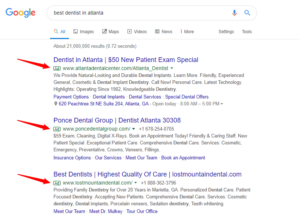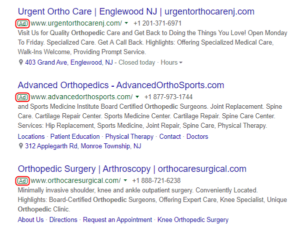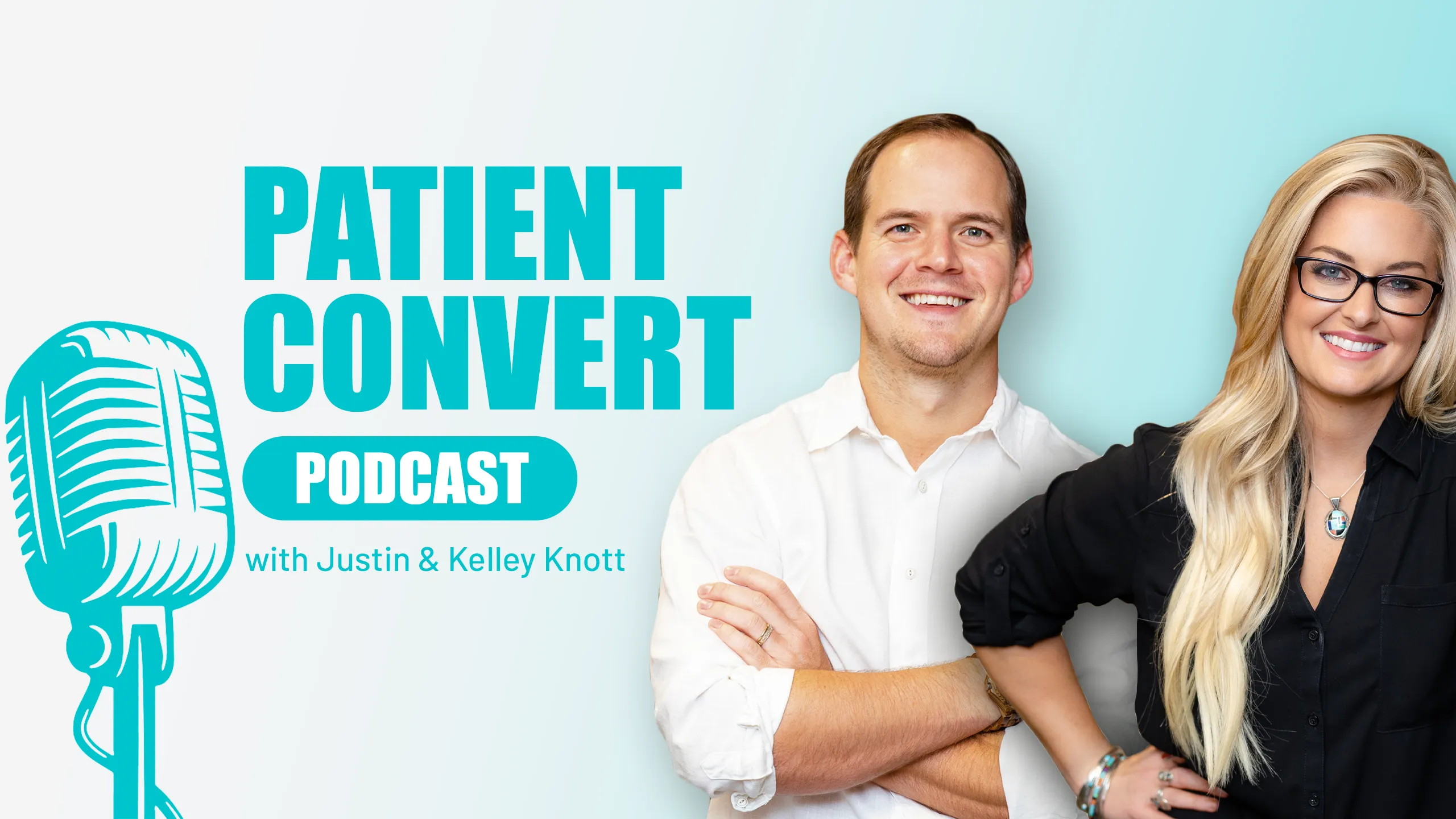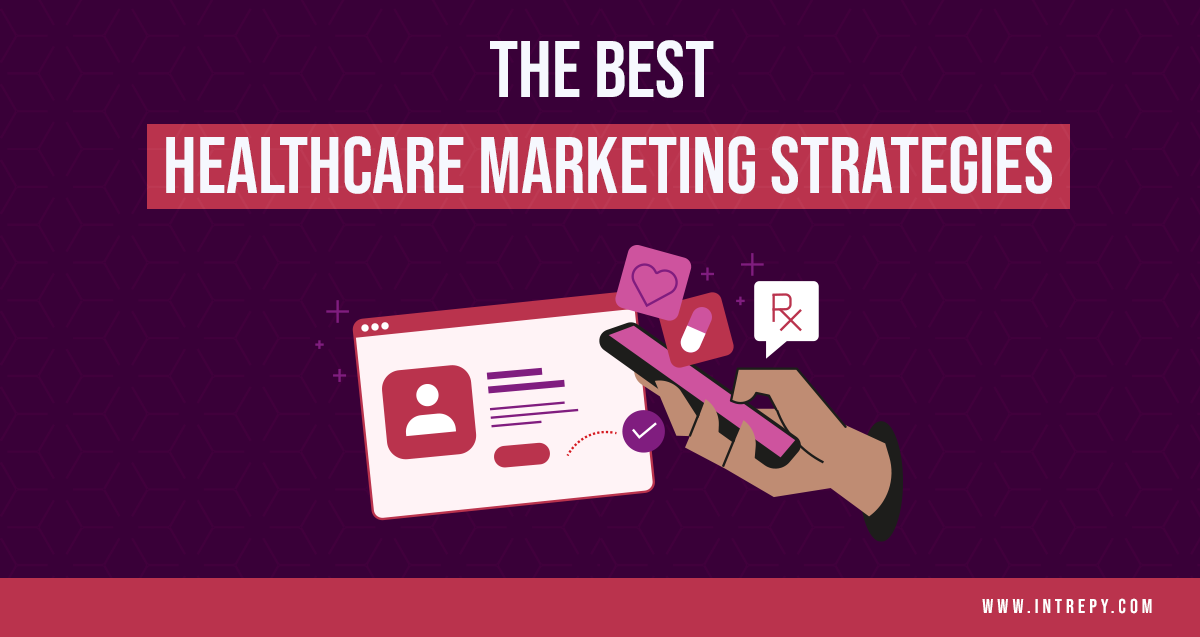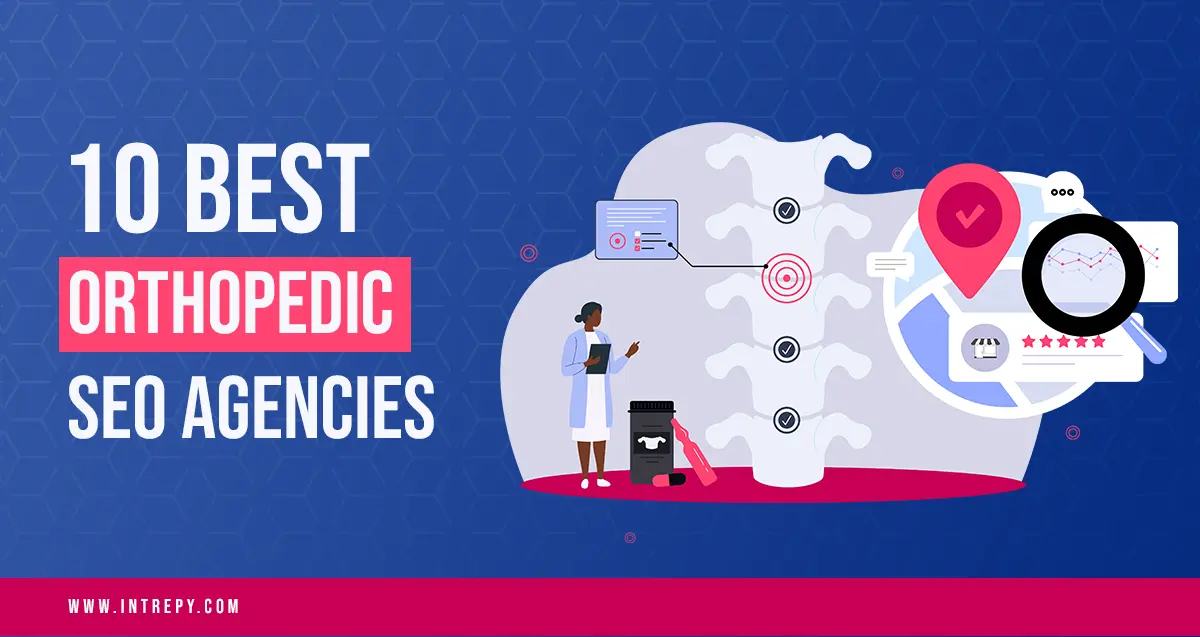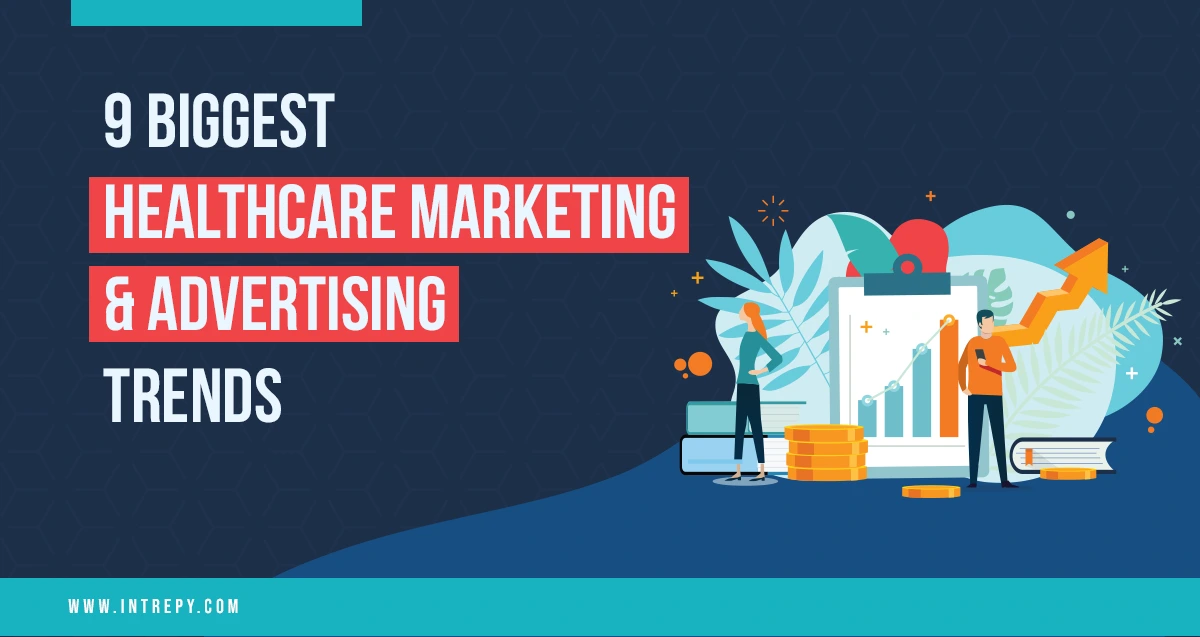Top Healthcare Digital Advertising Tips for 2024
Reaching new patients is an ongoing challenge for healthcare practices. And with fierce competition, it becomes even harder for you to find new patients that need your help.
Patients today have more options than ever. Almost all of them are online and have access to vast resources of information.
That’s why you need a solid medical ppc advertising plan for your healthcare organization.
Table of Contents:
- Engage new Patients via Paid Search
- Social Media Advertising on Facebook and Instagram
- Invest in Video Advertising
- Geofencing Ads to Target Hyperlocal Patients
- Reach Patients with Native Advertising
- Increase Conversions with Retargeting Ads
But with the overload of information online today, you may find it hard to decide what works best for you.
Which makes you wonder — what medical marketing strategies work best for healthcare advertising?
Don’t worry! We’ve got you covered.
In this article, we’ll share with you the best digital healthcare advertising strategies for medical practices. By the end of it, you’ll have a better idea of what strategies work for you and how to implement them.
Let’s get started.
1. Leverage Paid Search
Paid search is a form of digital healthcare marketing where businesses get to display their ads on popular search engine sites such as Google Ads and Bing Ads.
Paid ads are an excellent option for healthcare practices that have a budget to grow and attract more clients. And when done correctly, it always brings quality traffic and high-paying customers.
The reason this medical ppc advertising strategy works is that it’s straightforward and easy to track. Anyone can start paying for ads and attract new large audiences.
The results can be tracked within the first few days from launching the ad campaign. And that allows you to adjust your ads and improve your content.
The price for this type of ads is often decided by marketers bidding against each other. That explains why the more competitive a word is, the higher its price becomes.
If you search on Google for “best dentist in Atlanta” — the first few results are paid search ads.
According to Google, 5% of all searches are health-related. That’s what makes paid ads so effective. Because unlike other types of ads online, this is guaranteed to get more clicks for specific search terms and queries.
The most popular categories are pay-per-click (PPC) and cost-per-mile (CPM).
Pay-per-click (PPC): You only pay for the clicks your ad gets without taking into consideration views or impressions.
Cost-per-mile (CPM): For every thousand views your ad gets, you pay a pre-determined cost.
2. Social Media Healthcare Advertising to Reach Patients
Social media ads are advertisements served to social media users on different platforms. And they’re an excellent option for healthcare practices due to the endless choices they offer.
For instance, 41% of users said that social media had affected their decision when it came to hiring a doctor or choosing a specific health facility.
Here are the best two social media platforms for healthcare providers:
Facebook Advertising
Launching an Facebook advertising campaign has never been easier.
With a few clicks, you can log in to your Facebook account, set up a campaign, and enter your payment method. You can expect to see your audience grow within just a few hours.
Facebook also gives you lots of options for how you want your ads to be.
For instance, you can choose to boost a single post, a business page, a product, or a link to your website.
It may take some time for you to master Facebook Ads and get the best ROI. But until then, you can always learn more or seek help from our professional team.
Instagram Advertising
Like Facebook advertising, Instagram ads are a powerful method for growing your business. It will allow you to target the right audience — at the right time — and for the right price.
More than 200 million Instagram users visit at least one business profile every day.
And with more than 800 million users on the platform, your sponsored content is guaranteed to reach your targeted audience.
But there’s something you should now.
Instagram is the leading visual platform on the web today. And it’s all about images and videos.
Also, the majority of its users are young, and females are more present there compared to males.
You need to keep that in mind before taking any further steps.
Ask yourself — what does my regular prospect look like?
Once you answer that question, set up a new campaign to target those prospects. And use pictures and videos to communicate with them and get their attention.
3. Invest in Video Advertising
Video advertising implies the display of an online ad for a product or service in video format. These ads can appear on different online mediums such as Facebook, Youtube Ads, or any website.
Video ads have been around since the early days of TV. And they’re still as effective as they could ever be.
You don’t have to think long to figure out why that is.
Human attention spans are getting shorter.
Your patients are spending hours staring at a small screen every day. They prefer having someone deliver them information rather than them reading long blocks of text.
Creating high-quality videos might be the missing link in your healthcare marketing strategy.
And here’s why:
- Videos attract more qualified leads and mobile users
- Video ads get higher conversions and social shares
- Engaging videos will improve your brand image and enhance customer trust
Once you launch your first few campaigns, start testing to see how your videos are performing. You can work on the tone, content, and duration — then adjust them to get the best results with your ads.
4. Geofencing Ads to Target Hyperlocal Patients
Geofence advertising is the display of location-based ads to a mobile device when it walks or leaves a certain radius. The ads come in the form of display or push notifications. And they notify users about special offers and important messages.
This is a great advertising strategy for many reasons.
For instance, healthcare practitioners work most of the time with local prospects. So, they need to find effective ways to target local clientele.
Also, a geofence can be set up easily and for an affordable cost. But at the same time, it helps you target specific prospects based on their location.
You can use geofence advertising in a variety of ways, all of which can bring results to your practice. But it all depends on the healthcare practice and the location.
For example, a walk-in clinic can target local food stores to send reminders to customers about the importance of healthy diets, exercise, and regular check-ups.
5. Engage Patients with Native Advertising
Native ads match the natural form and function of the platform in which they appear. But, they come with a sign that tells users that the content they’ll consume is sponsored.
Native advertising is an excellent marketing solution for healthcare providers.
It gets more views and clicks compared to other types. And it’s often targeted that it drives quality prospects to your business.
Also, native ads are engaging and less tiring for prospects to consume — although potential leads might know they’re consuming an ad.
The most popular native ad examples include:
Social Media Dark Posts:
Dark posts are a type of “In feed” ads that look just like any other regular posts on the platform.
If you’re a regular social media user, you might have seen this on popular social media sites. You’ll also notice that they come with a small hint that the post is sponsored.
Search Result Listings
If you decide to advertise on popular search engines such as Google and Bing, your ad campaigns will be displayed at the top of search results — in the form of native ads.
This type of native ad drives better results due to their highly specific nature.
Content Recommendations
These are recommended articles related to a post the user is interested in. They usually appear next to or below the main content. And they drive online customers to click further and read more articles.
6. Increase Conversions with Retargeting Ads
Retargeting healthcare digital ads allows healthcare practitioners to reconnect with lost patient leads. And it works by placing a cookie into the browser of the user.
Once a visitor leaves, that cookie is going to follow them all over the web. It will notify your retargeting provider about what ads to serve and when.
Retargeting works great because it focuses on prospects that already know you.
Not every prospect leaving your website is a lost lead.
Sometimes it takes some thinking before making a decision. Other times the timing isn’t right.
So, if you focus on those who are familiar with your healthcare practice, you’ll see a much higher ROI compared to any other digital marketing strategy.
Wrapping Up – Healthcare Digital Advertising Tips for Medical Practice
Growing your practice might take some time and effort. But with the right digital healthcare advertising for your medical practice, you’ll have endless possibilities.
If you need help from our healthcare digital marketing agency just reach out and let us know!
Thanks for reading!
